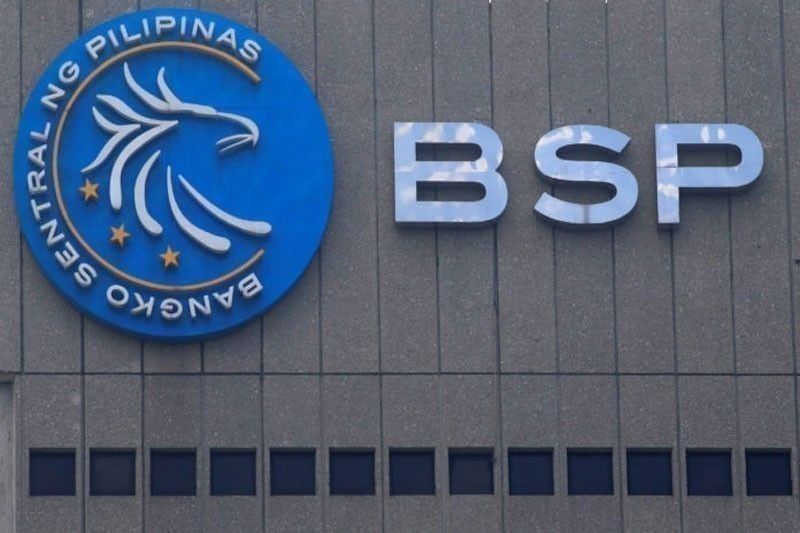Banks urged not to declare loan defaults during ECQ

MANILA, Philippines — State-run Credit Information Corp. (CIC) is urging banks and other financial institutions to refrain from tagging missed or partial payments of loans during the enhanced community quarantine as default or delinquent.
CIC president and chief executive officer Jaime Casto Jose Garchitorena said there is a need to ensure consumer rights protection amid this national health crisis brought about by the coronavirus disease 2019 or COVID-19 pandemic.
“We are one with the national government in promoting and protecting the collective interest of our citizens during this unprecedented period,” Garchitorena said.
CIC’s mandate is to collect and disseminate fair and accurate credit information, the country’s central credit registry and repository of information.
Under the Bayanihan Heal as One Act, all lenders under the supervision of the Bangko Sentral ng Pilipinas, Securities and Exchange Commission, and Cooperative Development Authority, including the Government Service Insurance System (GSIS) and Pag-IBIG are required to implement a 30-day grace period to all loans with principal and/or interest falling due within the ECQ period, without incurring interest on interest, penalties, fees and other charges.
Garchitorena said the agency wants to make sure financial institutions are submitting accurate data to assure a fair review and assessment of the credit history and financial condition of Filipino borrowers.
“The CIC system is not simply a negative or black list as it allows the lenders to decide how to tag unpaid loans and be in sync with the government’s issuance on the matter,” he said.
Garchitorena said CIC is exploring ways to include notations in the credit report that would clearly indicate the period of enhanced community quarantine to create proper context to any payment behaviors.
The BSP has given banks until December instead of March next year to reclassify loans of borrowers in areas affected by the health crisis as past due and non performing.
This means loans in COVID-19 affected areas that have been classified as past due and those becoming past due or non-performing six months from March 8 would not be included in the past due and non-performing classification until the end of next year.
As a general rule, loans, investments, receivables, or any financial asset, including restructured loans are considered past due when any principal and/or interest or installment due, or portions thereof, are not paid at their contractual due date.
However, banks may provide a cure period on a credit product-specific basis, which shall not exceed 30 days to allow borrowers to catch up on their late payment.
On the other hand, loans are considered non-performing if any principal or interest are unpaid for more than 90 days from contractual due date.
Data from the BSP showed the non-performing loan ratio in the country stood at 1.17 percent in February from 1.14 percent in January, while past due ratio stood at 2.95 percent from 2.94 percent.
- Latest
- Trending

























